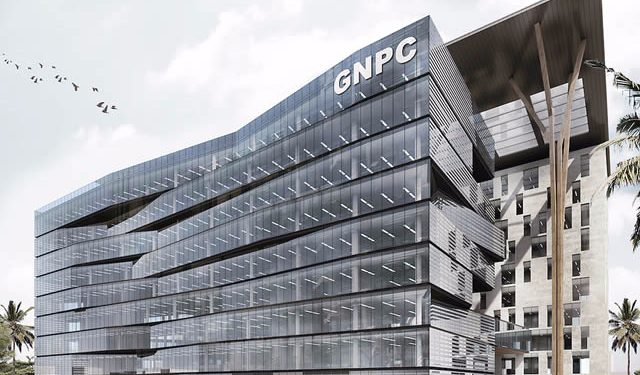GNPC risks collapsing after 2026 over $1bn debt – PIAC warns
PIAC’s recommendations underscore the need for GNPC to operate as a financially sustainable and independent entity within the petroleum industry, with a focus on fulfilling its core mandate and promoting its long-term viability.
- Advertisement -
The survival of the Ghana National Petroleum Corporation (GNPC) could come under threat as the government’s indebtedness to the Corporation continues to pile up.
As of the end of 2022, the government owes the GNPC to the tune of $1.14 billion.
- Advertisement -
The amount represents payments made on behalf of the government and SOEs, national and local projects plus gas supplied to the Ghana National Gas Company (GNGC).
- Advertisement -
This was captured in a report by the Public Interest and Accountability Committee (PIAC) titled, “The Role of GNPC in the upstream petroleum industry: challenges and Prospects.
PIAC raises red flags about the corporation’s expenditures, which fall outside its core mandate and are constraining its ability to operate as a standalone commercial entity in the petroleum industry.
For example, as of the end of 2022, total expenditure on the various Gas Enclave roads in the Western region stood at US$124.66 million.
These expenditures according to PIAC often made on behalf of the government and other agencies, are undermining GNPC’s capacity to fulfil its primary responsibilities and contribute to its development.
PIAC is warning that GNPC risks collapse after 2026 when it ceases to receive funding from the Petroleum Holding Fund.
- Advertisement -
“The PRMA mentions that the NOC is to be funded for 15 years following the start of commercial production of crude oil, following which it will no longer be supported with funds from the PHF. This means that after 2026, GNPC will no longer receive funding from the PHF. Given the challenges that confront the Corporation, it may not be able to survive without government support if the enactment is implemented”, PIAC said.
PIAC also fears that the Corporation is subject to political capture, which often compels it to undertake quasi-fiscal expenditures and advances to other parastatals which ordinarily should be the preserve of the central government.
To address these challenges and ensure the sustainability of GNPC, PIAC recommends several measures.
Firstly, PIAC wants GNPC to commit more funds to its mandate and development by desisting from making payments in favour of the government and its agencies whilst calling for urgent action to retrieve funds owed to the Corporation.
PIAC also called on GNPC to desist from the practice where some agencies approach it to fund their programmes and projects.
PIAC’s recommendations underscore the need for GNPC to operate as a financially sustainable and independent entity within the petroleum industry, with a focus on fulfilling its core mandate and promoting its long-term viability.
Source: Citinewsroom
- Advertisement -


